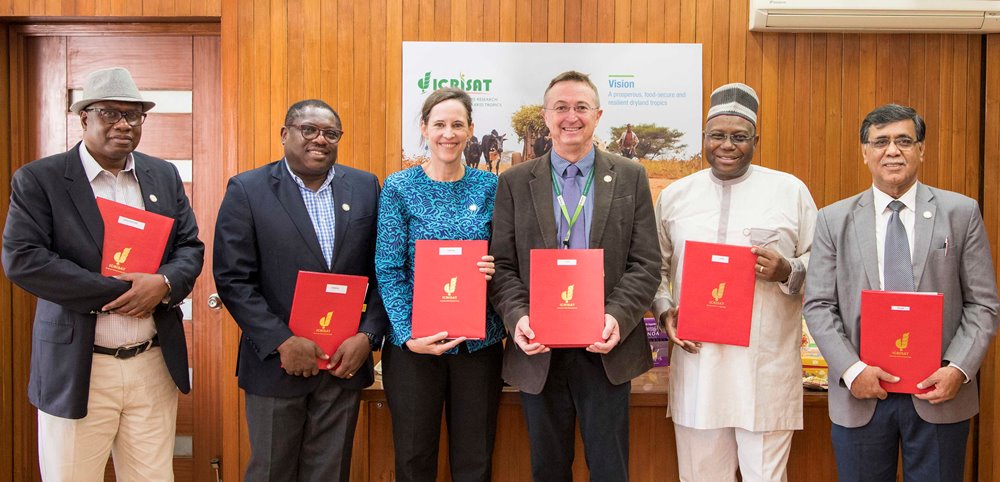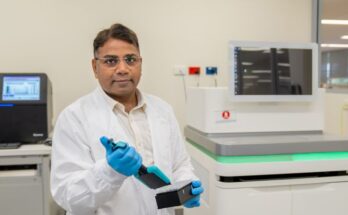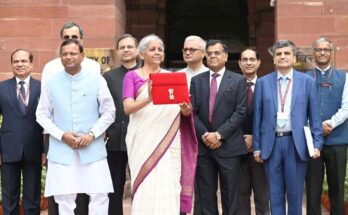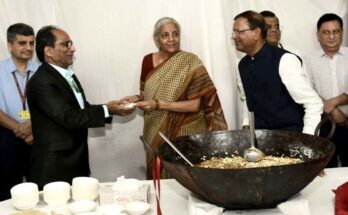Leading agriculture organisations from Africa and Asia have joined hands to take on a bold initiative to create a big new industry, with the intent of bringing some ‘Smart Food’ back on the plate as major staples. Targeting staples lays the foundation to generate major impacts on health and the agri-food system.
This culminated in the formation of the Smart Food Executive Council led by – the Asia-Pacific Association of Agricultural Research Institutions (APAARI), Forum for Agricultural Research in Africa (FARA), West and Central African Council for Agricultural Research and Development (CORAF), Food Agriculture and Natural Resources Policy Analysis Network (FANRPAN), along with the International Crops Research Institute for the Semi-Arid Tropics (ICRISAT) which set in motion the Smart Food initiative in 2013.
This partnership is part of a new effort to make a major contribution to the Sustainable Development Goals (SDGs). The approach is to focus on diversifying staples. Given that staples may typically constitute 70 percent of a meal and are often eaten three times a day, diversifying them can have a pronounced impact on overcoming malnutrition and poverty and coping with climate change and environmental degradation. This will contribute to the SDGs for overcoming poverty and hunger (SDG 1 and 2), responsible consumption and production (SDG 12), along with adaptation to climate change (Goal 13). The approach taken will include gender equality (SDG 5) and action through partnerships (SDG 17).
Speaking on the initiative, Dr Ravi Khetarpal, Executive Secretary, Asia-Pacific Association of Agricultural Research Institutions (APAARI) said “I see how we can make Smart Food a household name. We need to link and synergise other existing programmes along the whole value chain. Capacity building will be one opportunity especially in taking a holistic Smart Food approach where issues around nutrition, health, environment and farmer welfare can be tackled.”
Highlighting the need for Smart Food, Dr Yemi Akinbamijo, Executive Director, Forum for Agricultural Research in Africa (FARA) said, “We see history unfolding before us as this is how big things emerge. Smart Food resonates with the desire to see the power of science translates into reality. I am happy that Smart Food is now institutionalised. FARA is excited to cooperate in this partnership and hold this partnership responsible for the success.”
On diversifying food system, Dr Abdulai Jalloh, Director of Research and Innovation, West and Central African Council for Agricultural Research and Development (CORAF) said, “This approach is a fitting response to today’s major global issues. We want to add to the big crops; not displace them. Moving from the Big 3 staples – rice, wheat and maize – to having more, the Big 5 and later the Big 7, is an important aim. Now we have to go from a pitch to reality. Key to this are the nutrition and climate change adaptation needs and this is core to Smart Food. Smart Food crops have been neglected for reasons other than value as they are inherently nutritious and adaptable to diverse farming systems. We need to promote these inherent values.”
“Smart Food is a noble and novel idea and well thought through. The major staples did not get to where they are by accident. There are benefits and financial viability, but this viability varied for different value chain players. We need to learn from these successes and ensure financial sustainability. Engaging with large players is a part of making this come to reality to ensure benefits to smallholder farmers and the environment,” William Asiko, Board member, Food Agriculture and Natural Resources Policy Analysis Network (FANRPAN) said.
Highlighting the partnership, Dr Peter Carberry, Director General, International Crops Research Institute for the Semi-Arid Tropics (ICRISAT) said, “This new partnership strengthens collaborations between Asia and Africa and can open up opportunities to join forces at any point along the value chain, from consumers through to processors, chefs through to farmers, researchers and others.”
Smart Food initiative was launched in 2013 and stemmed from the strategic thinking around the need for food that fulfills the criteria of being good for the consumer – nutritious and healthy -, good for the planet – environmentally sustainable – and good for the farmer. A major objective under the initiative is to diversify staples which can have the strongest and durable impact on nutrition, the environment and farmer.
Africa, Asia join hands to promote Smart Food




